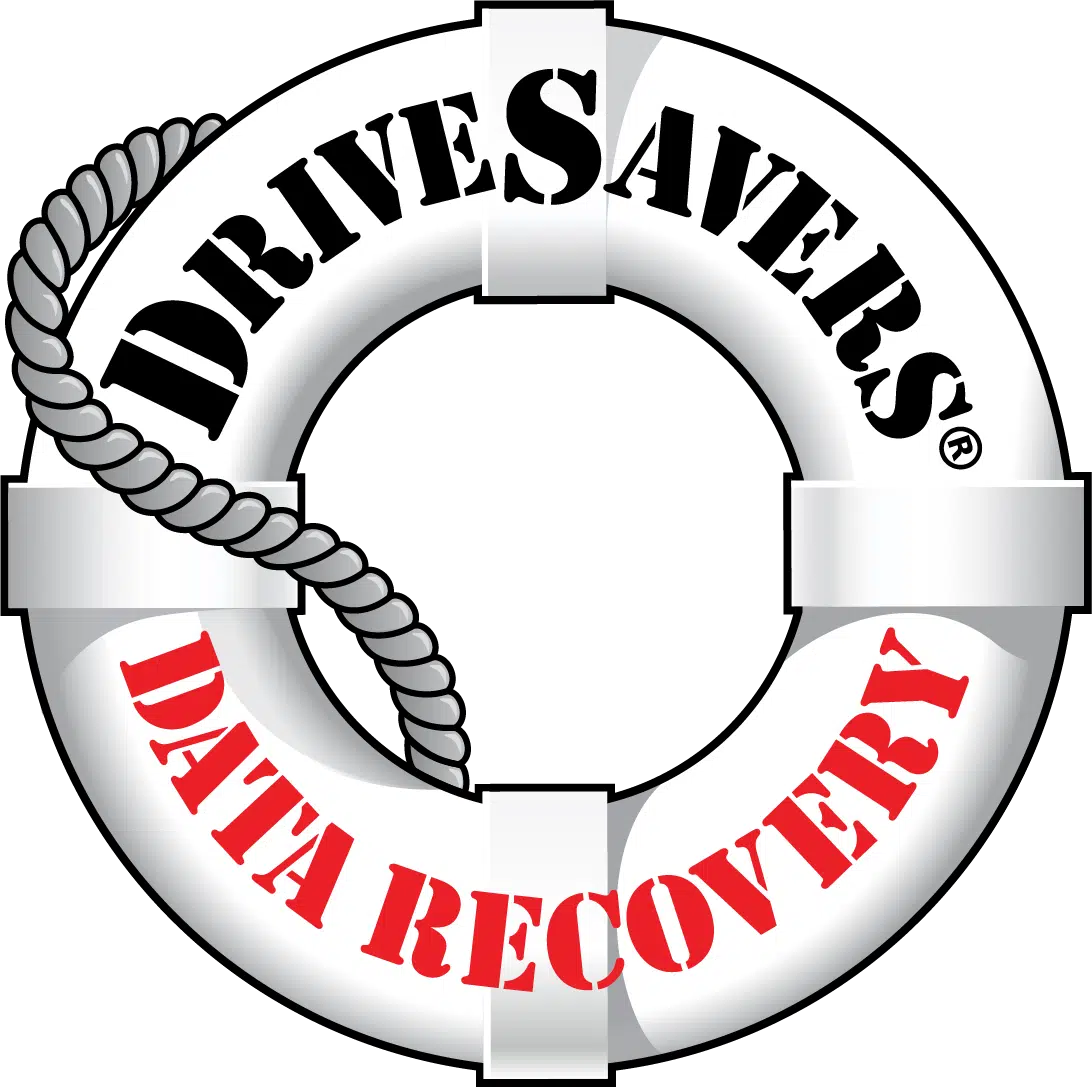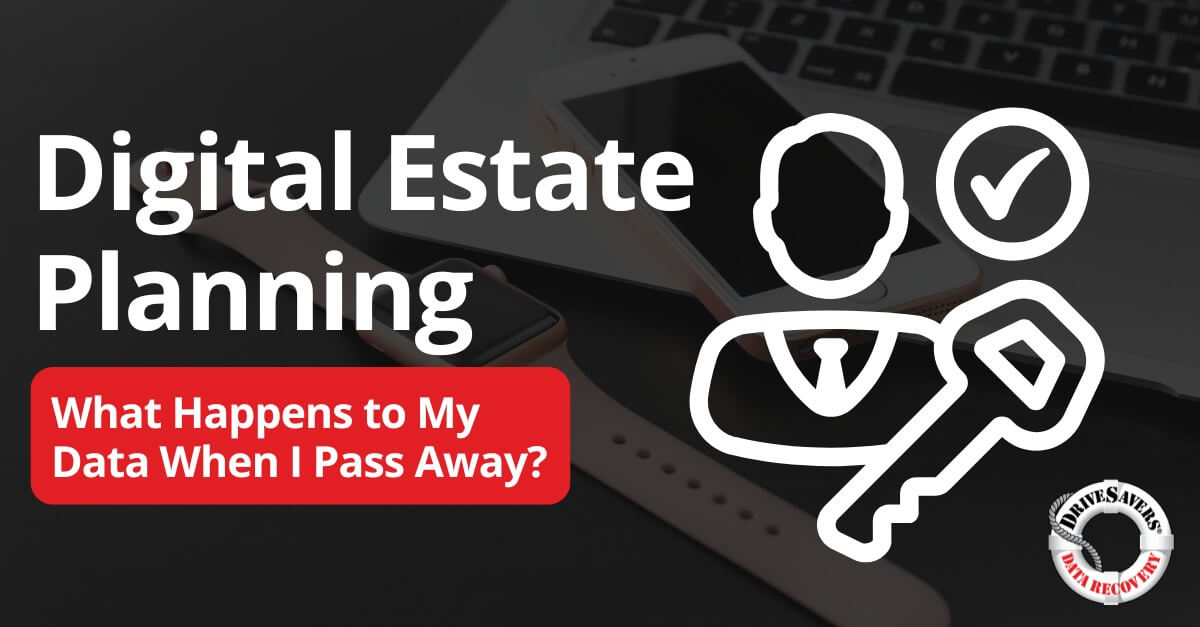n a recent recovery, DriveSavers tackled a challenging RAID 5 failure. The 4x3TB array had entered Emergency Mode. The failure jeopardised 30 years of invaluable personal and professional data for the customer.
Preparing Your Server for a Planned Holiday Shutdown

By Mike Cobb, DriveSavers Director of Engineering
Updated 12/5/2018
If your company shuts its data storage systems down during the holidays, be careful that it’s not the last shutdown before a data loss.
The Problem with Planned Shutdowns
Many companies close their doors for an extended time during the Christmas and/or New Year’s holidays, including some that routinely schedule the last week of the year for closure.
Does your business run its systems 24/7 for most of the year? This constant running creates a lot of heat for those systems that incorporate spinning drives, causing expansion of components. During planned shutdowns, components cool, causing contraction. This expansion and contraction of delicate moving parts can cause a variety of mechanical malfunctions.
There are also a whole host of complications that can occur with solid-state devices during a planned shutdown, sometimes caused by latent defects that don’t show symptoms until after the device has been in use. Problems can also be caused by human error during the shutdown process or malfunctions with software or other programs being used.
In general, the most common problems we see after the holidays involve failure of the power supply or electronic components (including the motor) and failure of any mechanical or moving parts of the hard drive itself. There can also be malfunctions involving the system’s electronic circuits, chips and boards, which can be susceptible to damage caused by interruptions in energy flow.
Understand Your System
Understand your system before shutting it down. Here are some very important questions you should answer:
- How many RAID configurations are located on your server and what types are they?
- Are all RAIDs currently in an optimal state? Are any already in a degraded state?
- How many drives is the system reporting?
- Does your server run predictive failure analysis? If so, when was the last time it ran and what were the results?
Before shutting down your servers, be sure you have identified every RAID, their configurations and what state each system is in.
One Good, Two Better
The last thing you want is to start off the New Year with a serious data loss. Be sure to review the proper shutdown procedures for your equipment, especially if you have larger systems with multiple drives in a RAID.
Systems that are normally left on all the time may develop problems even after a proper shutdown. For this reason, the best advice is to prepare at least two backup copies of anything important and save them in at least two different places.
We always recommend triple redundancy, meaning that the same important data is located in three places—one working copy and two backups. Store one of these copies at an off-site location to protect against theft or natural disaster in your absence.
For home users—whether they are on holiday or not—proper shutdown is also important, as is the making of at least one backup copy (two is better) for safekeeping on a second device. Never back up data to the same device!
Shut It Down or Leave It On?
Failures are hard to predict, but every computer system will eventually stop working. Drives fail most often due to mechanical breakdown, electrical issues, physical damage and/or software malfunction.
There are different schools of thought on whether shutting a computer down or just leaving it running is the better action. Both sides of the argument have merit, especially when you add in external factors such as energy consumption and data security concerns. In either case, a backup is necessary to properly protect anything that would be troublesome to replace.
If systems are shut down instead of left on for the holidays, check first with the manufacturer for advice on taking the system offline. Complicated computer systems, especially if they involve RAIDs, can be shut down improperly or can experience problems during shutdown or startup that may not have occurred if the system wasn’t shut down in the first place.
Always Be Prepared
The first line of defense should always be a proper backup. Backup and verification, along with preparation of a contingency plan if problems occur, is important for anyone with valuable information stored on any type of computer. These drives are not as reliable as we would all hope, so you can never be too careful.
If you do experience a data loss situation from a server or other business system, chances are you will need that data back ASAP in order to resume business as usual. DriveSavers is available to help seven days a week (except Christmas Day) by calling 800.440.1904.
Did you enjoy this article? Here are others you may like:
RAID Systems Are Not Infallible
Three Misconceptions about RAIDs
What You Have Wrong—Three Myths about RAIDs
RAID Data Recovery Guide and Tips




